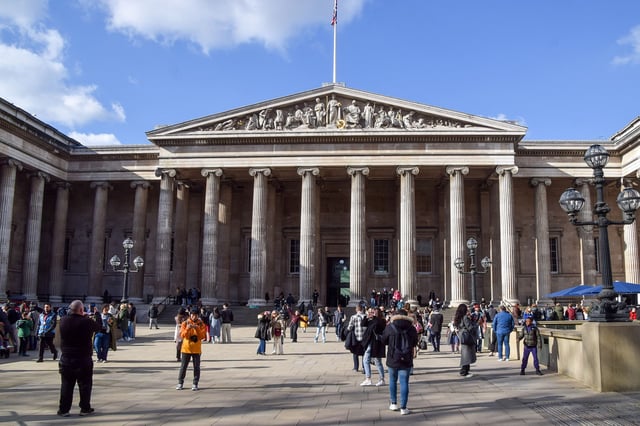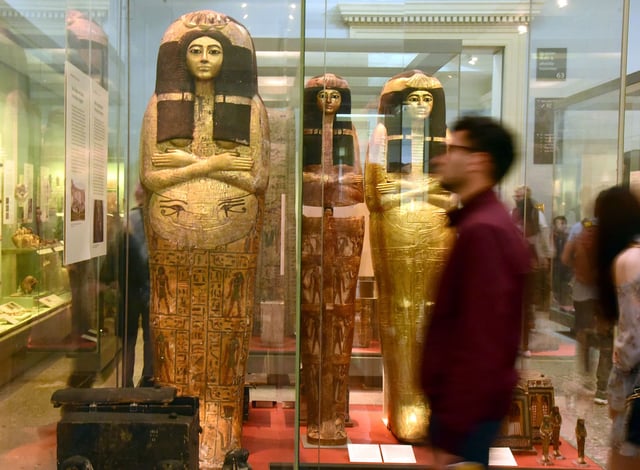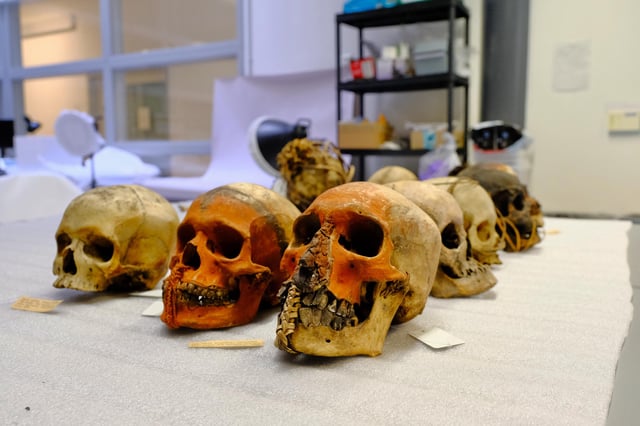Overview
- The All-Party Parliamentary Group on Afrikan Reparations (APPG-AR) has released a report advocating for the prohibition of displaying and selling human remains, including Egyptian mummies, in the UK.
- The report, titled 'Laying Ancestors to Rest,' highlights the distress caused to diaspora communities by the retention of ancestral remains, many of which were acquired during colonial rule.
- Recommendations include amending the Human Tissue Act 2004 to cover remains older than 100 years and increasing representation of diaspora communities on museum boards of trustees.
- Critics argue that removing mummies from display would diminish public access to historical artifacts, while proponents emphasize the need for ethical treatment of human remains.
- The British Museum, which holds over 6,000 human remains, has faced criticism for its policies, while institutions like the Pitt Rivers Museum have already removed certain items as part of decolonization efforts.


